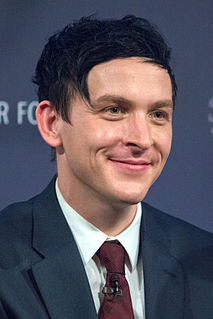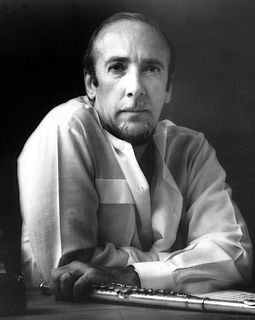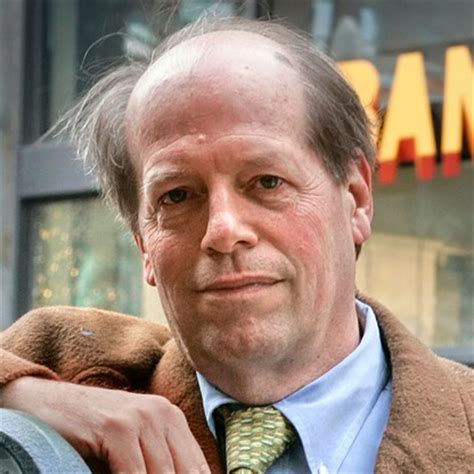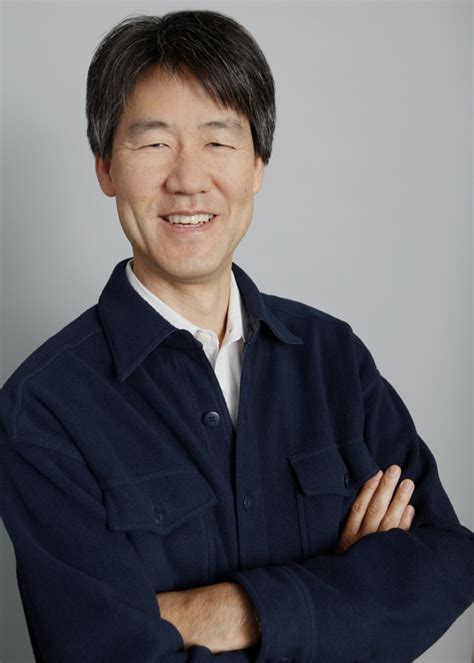A Quote by Michael Arad
When I started this project, I was a young architect. I was very apprehensive about any changes to the design. Whether I wanted to or not, I learned that you can accept some changes to its form without compromising its intent. But it's a leap of faith that I didn't want to make initially - to put it mildly.
Related Quotes
Even when I wrote Basic myself the day before I burned it into a computer I wasn't making design changes. I didn't have a testing team. I did all the testing myself. And there was no project methodology or schedule that, there was the notion of coming to a close means testing a lot at the end and making very few changes.
Changes in size are not a consequence of changes in shape, but the reverse: changes in size often require changes in shape. To put it another way, size is a supreme regulator of all matters biological. No living entity can evolve or develop without taking size into consideration. Much more than that, size is a prime mover in evolution.
Let's say you have some chicken stock and you're making soup, and out of everything you can taste, some of the things you put in and some of the things you don't. So you start out with an African spice then you hear some Brazilian music, so then it changes. Then you hear Jamaican and it changes again. And the result depends on how much of each spice you put into it. Now, I've been putting in spices since I started playing professionally in 1945.
There's nothing you can do about the past. But, you can do a great deal about your future. You don't have to be the same person you were yesterday. You can make changes in your life -- absolutely startling changes in a fairly short time. You can make changes you can't even conceive of now, if you give yourself a chance.
The reason for teaching history is not that it changes society, but that it changes pupils; it changes what they see in the world, and how they see it.... To say someone has learnt history is to say something very wide ranging about the way in which he or she is likely to make sense of the world. History offers a way of seeing almost any substantive issue in human affairs, subject to certain procedures and standards, whatever feelings one may have.







































